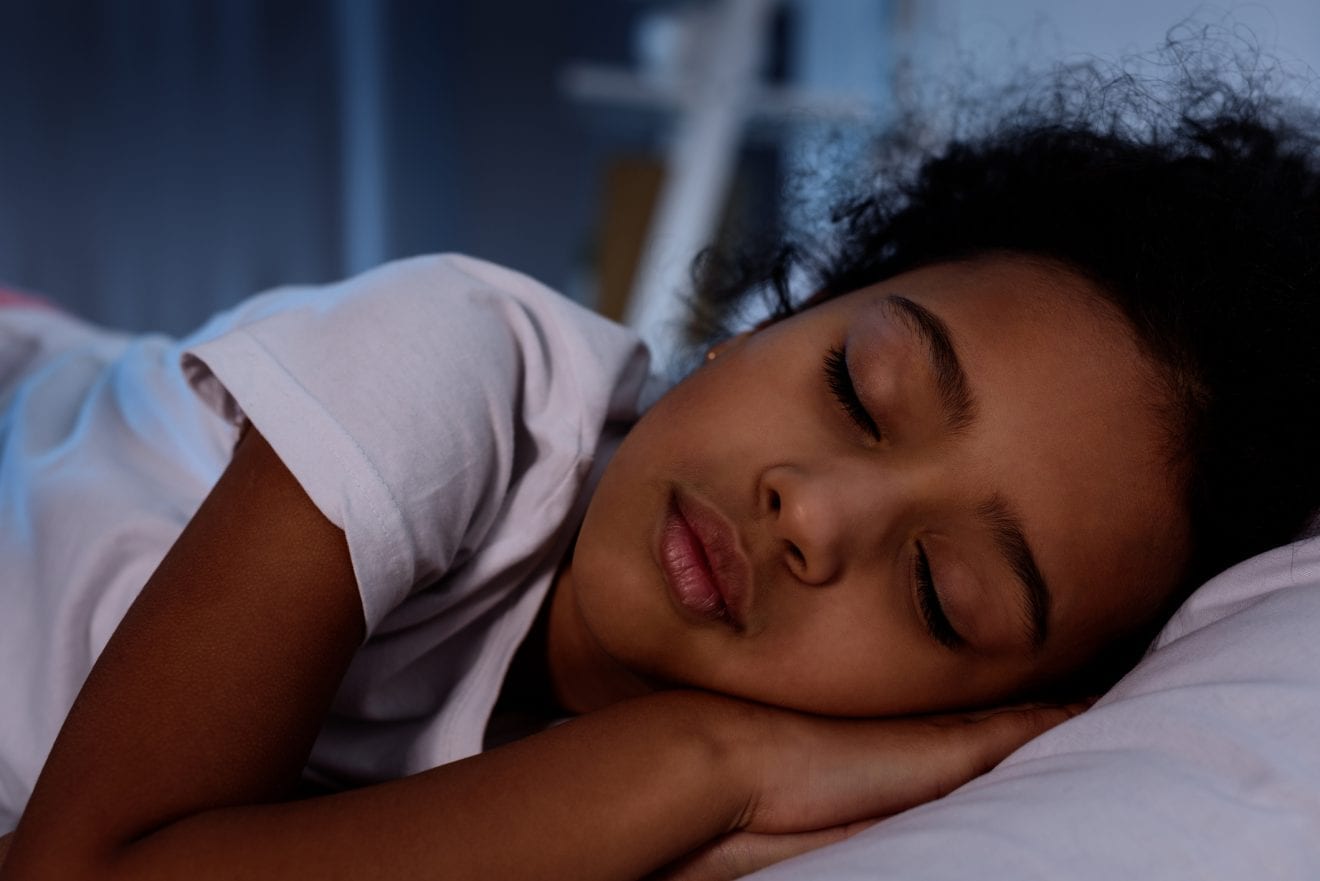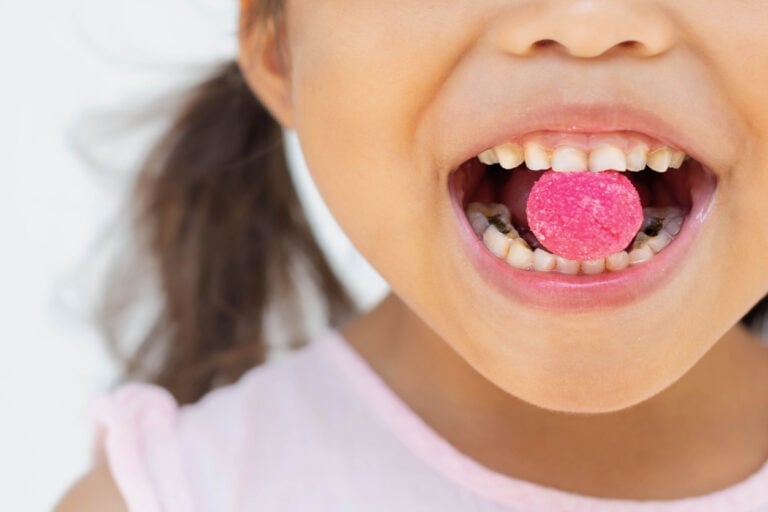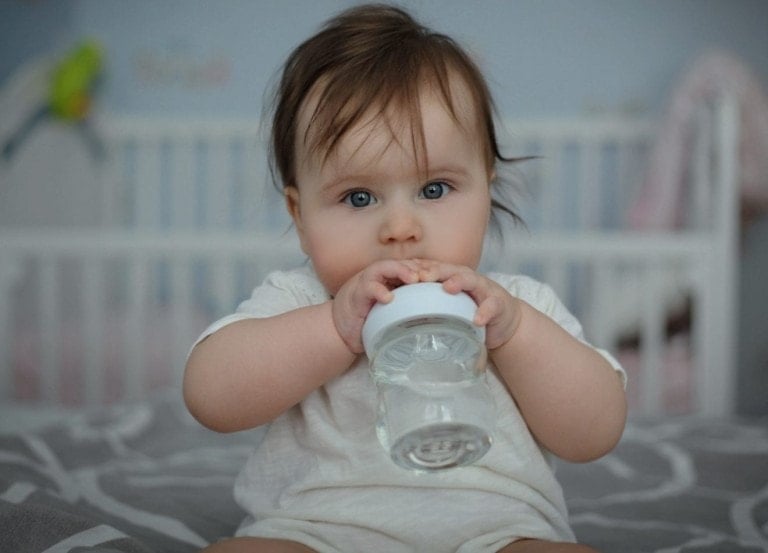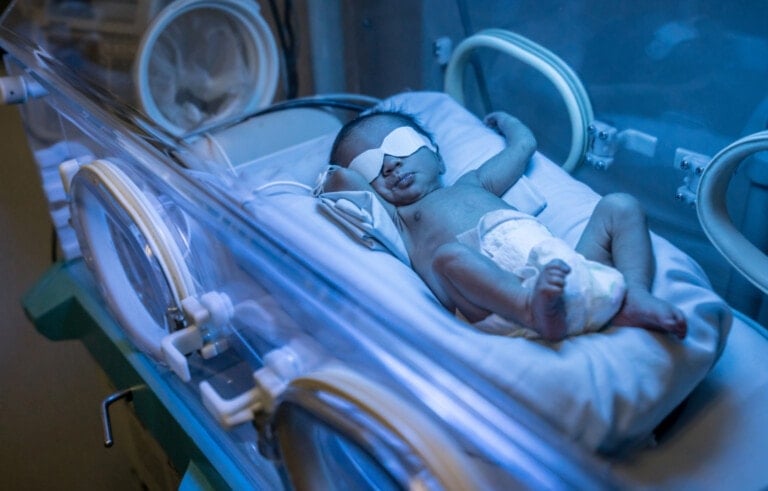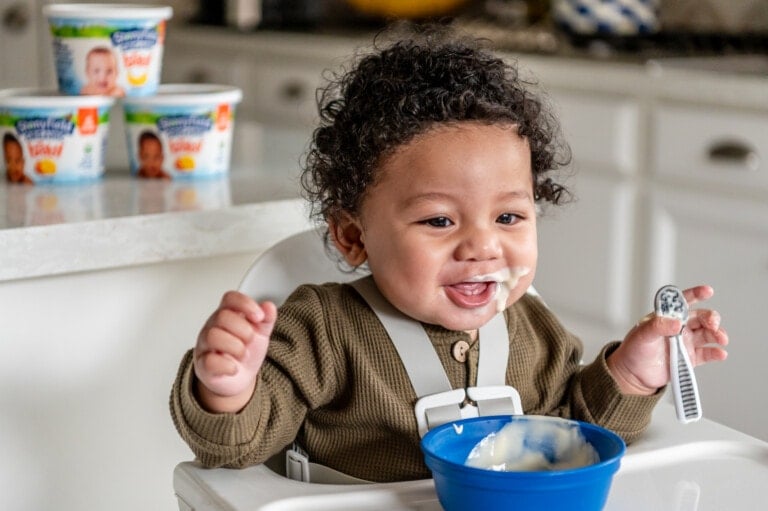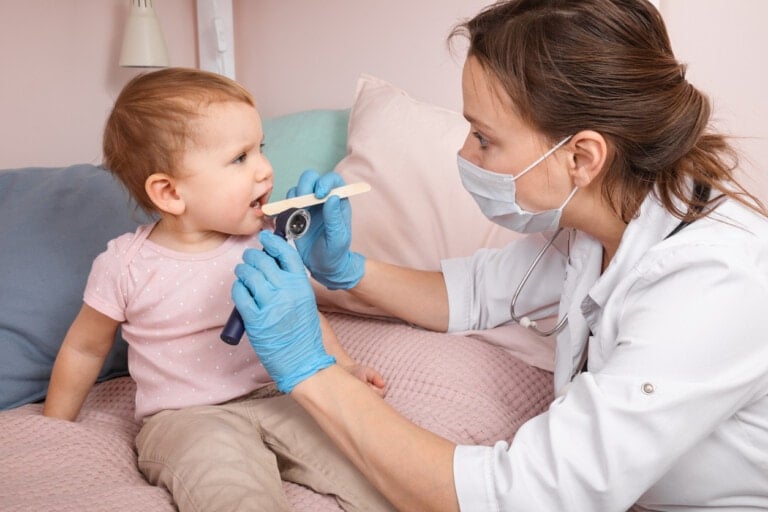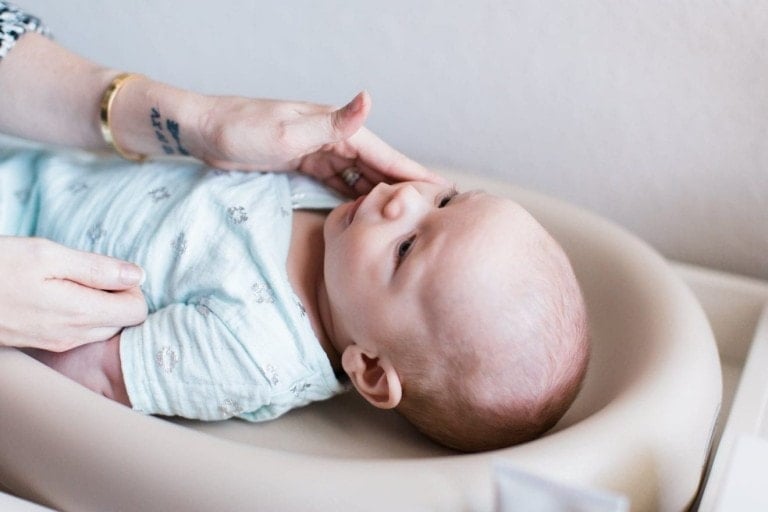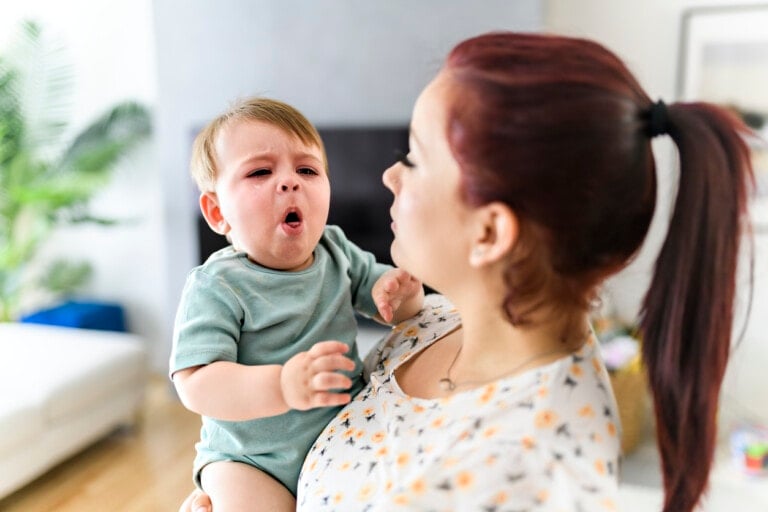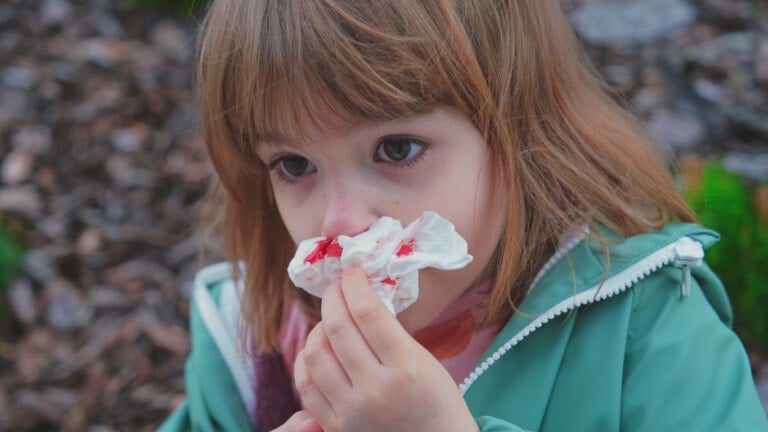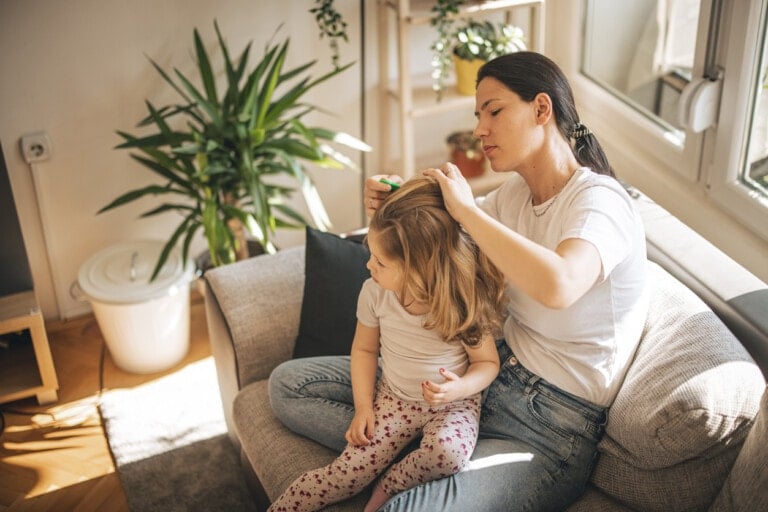Long before urgent care and pharmacies existed, insects, plants, and herbs existed. These were used to alleviate the symptoms of common health issues naturally. The hype around natural cures for common ailments seems to have been reinvigorated lately. Parents (and non-parents alike) are striving to live the healthiest lifestyle possible.
Use lavender to cure headaches. Try primrose oil to clear up eczema. UTI? Drink cranberry juice. Put raw honey on your chapped lips. Soothe burns with tea bags.
I should stipulate here that I’m neither anti-homeopathy nor anti-pharmaceutical. Each individual should carefully consider health decisions with their doctor or other trusted health provider’s advice. If using probiotics has been a game-changer for your gut health, I say go for it! If you need medication to lower your cholesterol, you should probably take that too.
But I firmly believe that anything going into your body and – every bit as importantly – into your child’s body should be evaluated for its efficacy and possible side effects. Therefore, I think it’s important to address a buzzword of the past few years: melatonin.
Many homeopathic experts have touted melatonin as a safe, natural way of helping people get to sleep. In many ways, this is very true, but there’s a whole lot more to understand about it before you start incorporating it into your child’s daily regimen. Is melatonin safe for kids?
What Is Melatonin?
Melatonin is a hormone secreted from the pineal gland. It helps to settle your body and mind down when it’s time to sleep.1 How exactly it does this is a highly complex process and involves more biology than I can ever understand, much less explain. So, in the simplest terms, melatonin is your brain’s way of closing the shades for the night. On the flip side, we have melatonin’s counterpart, cortisol.2 Cortisol acts by opening those shades back up in the morning, and the two hormones act together to make up a large part of what we refer to as our “body clock.” 3
It is important to understand that our bodies are already producing melatonin naturally. Taking melatonin is unlike a traditional sleep aid that will make you conk out (like Ambien). Instead, as melatonin levels rise in the evening, it allows our bodies to relax and be primed for sleep.
Why Are People Supplementing With Melatonin?
But how does our body know to produce it at 6:00 p.m. and not 6:00 a.m.? This is quite a natural process. When it starts to get dark outside, the body recognizes the onset of night and gets the melatonin pumps up and running. You can imagine that this process worked like a charm during the pre-industrial days before we invented the lightbulb, television, laptop, and smartphone.
Nowadays, our eyes are flooded with so much artificial light that it can be difficult for our brains to determine when night is approaching. If melatonin does not have the opportunity to rise, it messes up our body clock (which contributes to insomnia). So, my first advice for anyone struggling with sleep (especially you adults) is to turn off those screens a couple of hours before bedtime, turn down the lights in your house, and develop a consistent and relaxing bedtime routine. This will let your body know it’s time for sleep, and much of the legwork toward drifting off into dreamland will be done for you! (Please note: It is not always this simple. For those with physical or psychological conditions that impact sleep, please consult with your physician for a plan of action.)
In some cases—jet lag and shift work being the most prominent two—a melatonin supplement can help reset the body clock if it is thrown out of whack. However, in general (especially in children), melatonin is not a solution to sleep issues.
Is Melatonin Safe for Kids?
All this information about body clocks and hormone production still applies to kids. That being said, newborns are an exception, as they don’t start producing melatonin or cortisol until after eight weeks of age.4 But beyond the first couple of months, infants will begin to establish a 24-hour light-dark sleep cycle, which they will follow throughout their life. Is melatonin safe for kids? Probably.
Now, the big question: Will giving my child melatonin help them sleep through the night?
And the answer is: No, probably not.
While it might help them get to sleep at night, it most certainly will not help them stay asleep. And this isn’t just my opinion; this is the consensus of sleep specialists, researchers, and doctors worldwide. The National Sleep Foundation has found that “…when scientists conduct tests to compare melatonin as a ‘sleeping pill’ to a placebo (sugar pill), most studies show no benefit of melatonin.” 5 Additionally, melatonin is a naturally occurring hormone in the body, so taking more of it can have serious side effects such as abdominal pain, excessive sweating, vision problems, nausea, daytime laziness, and drowsiness.6
Again, I am in no way anti-homeopathic or naturopathic medicine. There are real uses for melatonin (as mentioned above), which has proven helpful in some instances. Whether this is a placebo effect for some – no big deal! They’re getting the sleep they need, and that’s vitally important in its own right. But when it comes to young children, I feel that we as parents must teach them the skills they need to fall asleep and stay asleep independently.
How Can I Help My Child Sleep Better?
Here’s the good news: kids and sleep go together like peanut butter and jelly. Children need a LOT of sleep. And, for a short period in their lives, everything in their bodies is primed to help ensure they get it. All they need from us is a little guidance and a bit of space to develop the ability to fall asleep and stay asleep on their own.
Consistently giving children any sleep aid to get them snoozing is not the answer. Whether that is melatonin or Benadryl, it won’t work forever. Like learning any other skill, teaching your little one how to sleep takes practice and time. No supplement can teach you how to play an instrument, do long division, or sharpen your golf game (wouldn’t that be nice). Sleep is the same. It’s a skill that needs to be developed. And once it is, it usually comes easily and naturally.
So, yes, melatonin is safe for kids. But before you reach for the pills, try establishing a predictable and consistent bedtime routine. Shut down the TVs and tablets a couple of hours before bed. Encourage your child to fall asleep without feeding, rocking, or other forms of outside help. The results will be better than anything you’ll get from a pill and will last a lifetime!













